Alcohol
AKA: booze, drink, liquor (America), grog (Australia)
- The basics
- Highs and lows
- Drinking alcohol
- Alcohol with other drugs
- Useful to know
- Alcohol and the law
The basics
Booze is the oldest and most widely used drug in the UK. It’s a mood changing drug and a depressant – but in small doses it acts as a stimulant.
How it’s used
When you drink alcohol, it’s absorbed through your bloodstream and its effects spread through your central nervous system. Depending on the dose, alcohol can start taking effect within 5 to 10 minutes.
The effects of alcohol are stronger on an empty stomach – mixing different types of drink makes you more drunk and can result in a worse hangover.
Highs and lows of alcohol
Alcohol can heighten your mood, making you happier or more affectionate if you feel that way already.
It can relax you, lower your inhibitions and make you more sociable and confident.
Lows
If your mood is low, alcohol can make it lower and it’s well known for causing aggression. When booze lowers your inhibitions, it can put you at risk of harm and affect your judgement.
Because it’s a depressant, alcohol slows down your body’s reactions, causing slurred speech, lack of co-ordination, blurred vision, sleepiness or passing out.
Other unwelcome effects are vomiting and dehydration – not having enough water in the body is the main cause of hangovers.
Higher doses cause blackouts, where you can’t remember what happened, and very high doses can lead to alcohol poisoning, which can kill.
Drinking alcohol
Sex and alcohol
Alcohol can lower your inhibitions and make you feel affectionate, horny, sexually confident, sexually assertive or experimental. The numbing effect of booze can make it harder to cum and drinking can stop you getting a hard-on.
Heavy drinkers can lose both their sex drive and their ability to get erections.
Drink affects people’s judgement which can make them more likely to take risks during sex that could lead to them getting or passing on HIV and STIs. Booze can stop you being in control of what you do sexually or mean you can’t remember afterwards what sex you had.
Read more about sex on drugs ››
A long-term relationship?
Alcohol is a low-level toxin which is the reason it can damage the heart and liver of heavy drinkers. This is also why pregnant women shouldn’t drink.
Heavy drinking over a long period can lead to:
- liver disease
- cancers of the throat, mouth, bowel and liver
- dementia and brain damage.
Excessive drinking kills thousands each year.
Addiction to alcohol can be physical – ‘the shakes’ are a withdrawal symptom. Psychological cravings can give you an intense urge to keep drinking.
Alcohol with other drugs
Depressants
Because alcohol is a depressant drug, mixing it with other depressants such as GBL/GHB (G), ketamine or tranquillisers can cause you to pass out. It can also interfere with your breathing or heart, which can kill you. G-related overdoses and deaths often involve alcohol. It’s risky to take G if you have booze in your system.
Ecstasy
Booze deadens the effects of MDMA and together both can dangerously dehydrate the body. E-related deaths often involve alcohol.
Cocaine
In the body, alcohol combines with cocaine to make cocaethylene, which can make the effects of the coke stronger. Mixing the two increases the harm done by both drugs. There’s a bigger risk of sudden death when people use cocaine and alcohol together.
HIV drugs
There are no significant bad reactions with moderate alcohol use. However, if booze makes you throw up within an hour of taking HIV medication the dose should be taken again. As drinking often causes vomiting, mixing it with other drugs carries the risk of choking on vomit if you fall unconscious.
Too much alcohol can weaken your immune system. You’ll have a harder time fighting off infections, and possibly more side effects from your HIV meds.
Useful to know
Drinking water or soft drinks between alcoholic beverages can help you avoid getting too drunk and losing control. Making sure you drink water before sleeping also cuts down on dehydration and hangover symptoms.
Alcohol can make anxiety, depression or sleep problems worse, so should be treated with caution if you’re vulnerable to these.
Coffee can’t sober you up. Only alcohol leaving your system over time does this.
Problem drinking
Even if you’re just drinking a few days each week, it’s easy for alcohol to become a problem if you’re drinking to excess.
Is your drinking becoming problematic? These can be the signs:
- Trying to cut down on drinking.
- Getting annoyed if people comment on how much you drink.
- Feeling guilty about drinking or frequently finding your drinking causes problems.
- Needing a drink first thing in the morning.
If someone gets ‘the shakes’ this means they’re alcohol dependent and suddenly coming off alcohol could be dangerous. In this situation consult a doctor.
Info and tips for cutting down and getting help:
- NHS web pages on alcohol
- Alcohol Concern
- Alcoholics Anonymous (AA) groups are held all over the country. You’ll find one near you on their website.
- Drinkline – free, confidential helpline offering help and support around your drinking or someone else’s. Phone: 0800 917 8282 (9am-11pm weekdays)
Alcohol and the law
To buy alcohol you must be aged 18 or over. If you’re aged 16-17 you can have alcohol bought for you when ordering a meal and with an adult.
It’s against the law to sell alcohol to someone who’s drunk. The UK legal limit for drinking and driving is 80 milligrams of alcohol per 100 millilitres of blood.
The penalty for driving over the limit can be a one year driving ban, a fine of up to £5,000 or a prison sentence of up to six months. Causing death by dangerous driving can lead to 14 years in prison and a 2 year driving ban. A drink driving endorsement will stay on your driving licence for 11 years.
Two pints of normal strength lager or one large glass of wine are enough to put someone over the limit.
- One pint of strong lager or cider = 3 units
- One alcopop = 1.5 units
- One small glass of wine = 2 units
- One can of strong lager = 2+ units
- One double measure of spirits = 2 units
Published: 20/08/2018
Next review: 20/08/2021



